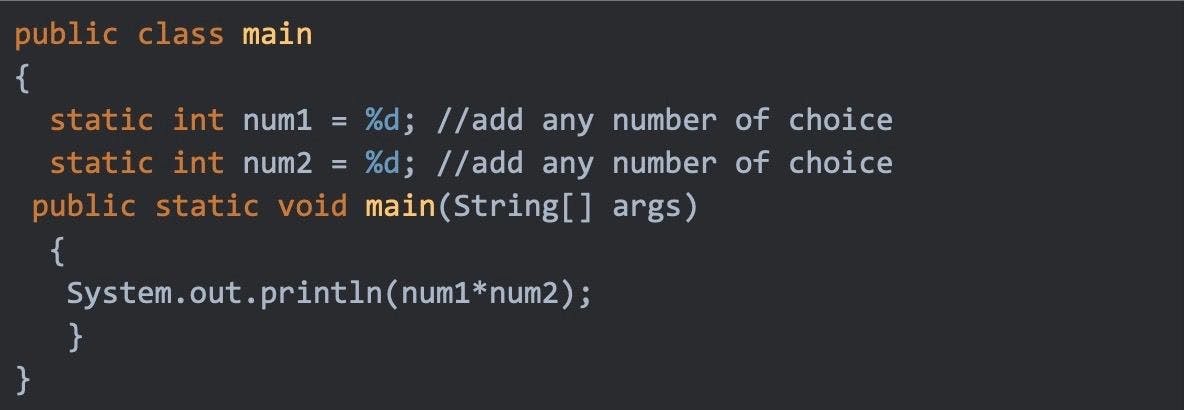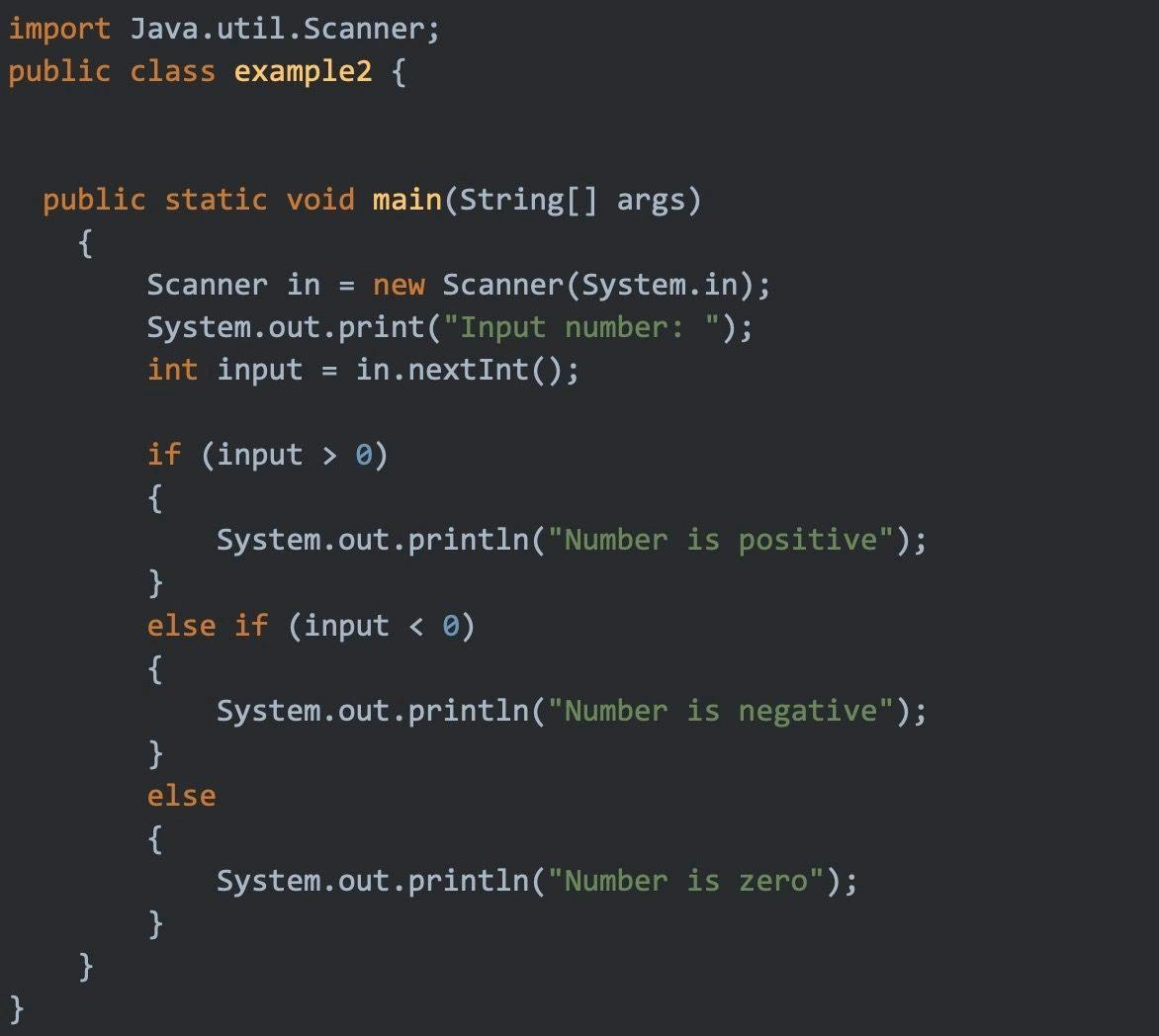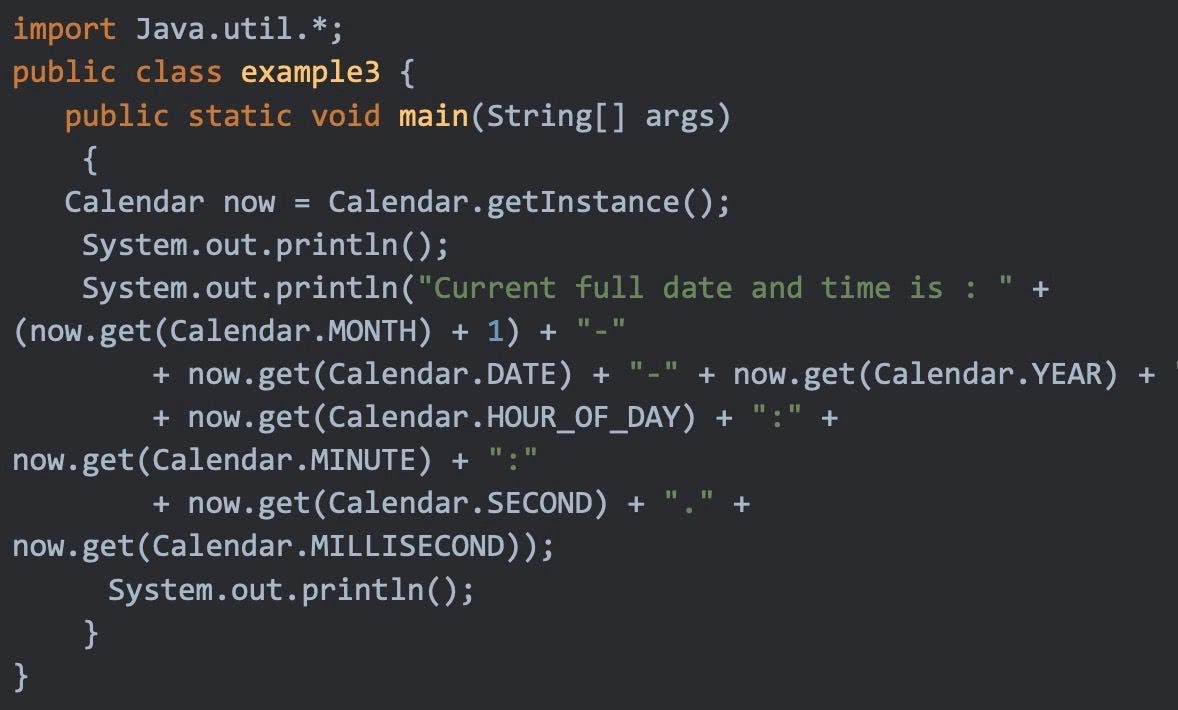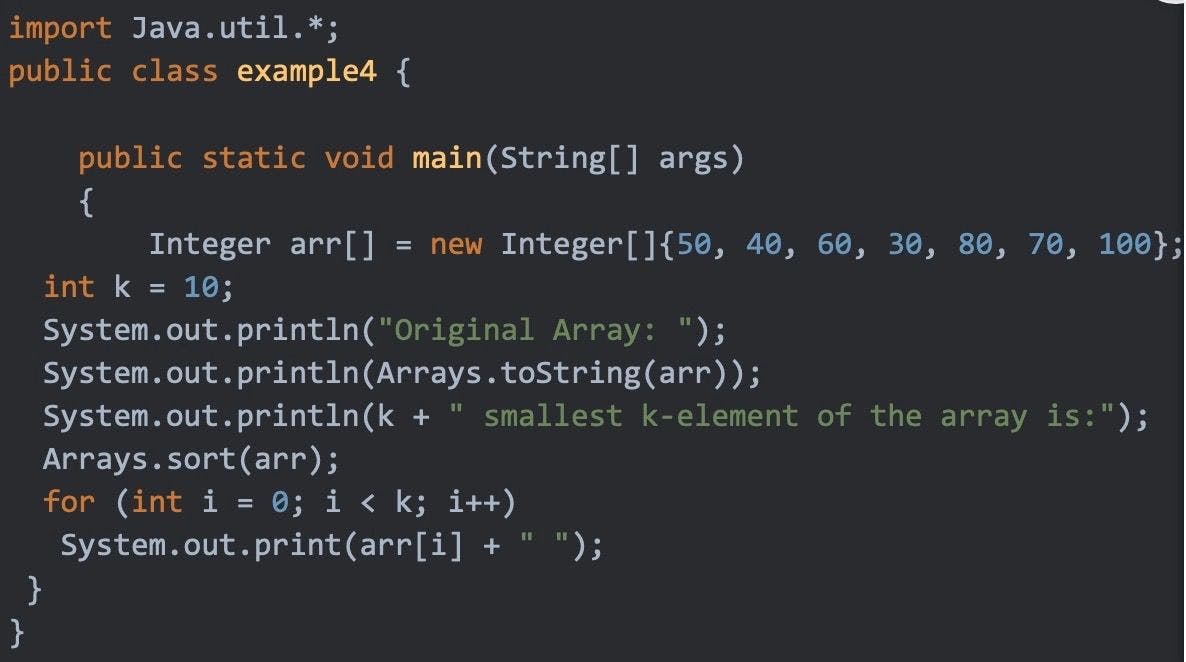
Java
Basic Interview Q&A
1. List some important features of Java.
One of the commonly asked Java coding interview questions is about the features of the language. Some important Java features are as follows:
Ease of learning: Java is considered to be an easy-to-learn and understand language.
Security: Java is a secure language. The applications developed using this language are virus and tamper-proof.
OOP: OOP means Object-Oriented Programming Language. While Java is not considered to be purely object-oriented, the inclusion of features such as data abstraction, inheritance, and data-encapsulation, makes Java an object-oriented programming language. Thus, as such, everything in Java is considered an object.
Independent Platform: This is an important Java feature. Java does not depend on any specific platform and as long as the system has JRE installed, Java bytecode will be interpreted.
2. Name the types of memory allocations in Java.
Another popular Java interview question is about memory allocation. Five important types of memory allocations in Java are - Heap memory, Class memory, Native method stock memory, Stack memory, and Program-counter memory.
3. As a language, Java is considered platform-independent. Why?
Java is considered to be platform-independent because it does not depend on any hardware or software. When the Java programmer compiles Java code, the compiler converts the code into bytecode that can be run on different platforms. The only constraint is that the platform must have JRE (runtime environment) or Java Virtual Machine (JVM) installed on it. Answering this Java interview question can help the interviewer understand your depth of experience.
4. What is data-encapsulation in Java?
Data-encapsulation in Java is the process of hiding the variables (data) and the code applied to the data in a single unit. It is a significant feature of object-oriented programming. This helps Java developers to isolate different objects from each other and to create modules for each. By this, all objects would have their own behaviors, attributes, and functions. It prevents data or object mixing, hides data, enhances security.
5. What are wrapper classes in Java?
Java, as a programming language, supports primitive data types. Wrapper classes help convert these primitive data types into objects or reference types and vice versa. Thus, the wrapper classes are so named because they ‘wrap’ these data types into identifiable objects of the specific data classes the primitive data types belong to. This Java interview question can help the interviewer assess whether you are comfortable using both old and new data types.
6. What are constructors in Java?
In Java, constructors can be understood as a block of codes applied to an object to initialize it. It can be understood as a special method for initializing an object. Constructors are called when a class instance is created such as creating an object using the new() keyword. When a class does not contain a constructor, a default constructor, provided by the Java compiler, is automatically called.
There are two types of Java constructors - default and parameterized. When no parameters are defined, the constructor is called a default constructor. When specific parameters are defined for a constructor, it is called a parameterized constructor. While you may be using the Java programming language for some time, this Java interview question shows the interviewer that you know the technicalities too.
7. Why is Java not considered to be purely object-oriented?
Java supports primitive data types such as boolean, int, byte, long, float, etc. An object-oriented language must only support objects. However, the primitive data types are not objects, hence Java is not considered to be purely object-oriented.
8. Does Java use pointers? If not, why?
No, unlike C++, Java doesn’t use pointers. Java’s main focus is simplicity. The use of pointers complicates the process, especially for new java programmers. The use of pointers can also lead to possible errors. Moreover, pointers grant direct access to memory and thus, compromise security. By excluding pointers from Java, a certain amount of abstraction is achieved. Java has automatic Garbage Collectors, the use of pointers can slow down the garbage collection process. This advanced Java interview question deals with the intricacies of the language and answering it can help set you apart from other candidates.
9. Can you override static methods in Java?
No. While it is possible to hide the parent static method with a static method of the same signature class, this is not called overriding in the strict sense. This is because, during the run-time, no polymorphism can take place.
10. What do you understand about ClassLoader in Java?
ClassLoader is an integral element of the JRE (Java Runtime Environment). The function of the ClassLoader is to dynamically load Java classes directly to the JVM (Java Virtual Machine) during program execution, without notifying the Java run time system. The file to be executed is first loaded by ClassLoaders. Bootstrap, Extension, and Application are the ClassLoaders in Java. This is an advanced Java interview question and answering it can establish your expertise.
11. What are the prospects of session management in servlets?
A session is any ongoing random conversation between a client and the server. The communication between the two is composed of requests and responses from both sides. There are several ways of managing a session. Applying cookies, using session management API, authenticating the user, hidden fields in HTML, and rewriting URL are some ways of session management. However, the most common way of managing a session is using a session ID when the communication between a client and the server takes place. This Java interview question shows your application orientation to the client.
12. What is the JIT compiler in Java?
With the help of JIT or a Just-in-time compiler, Java programmers can enhance the Java applications’ performance. This is achieved in a runtime environment by compiling bytecode to the code of the native machine. As a result, the compilation time for running the code reduces. In essence, the JIT compiler translates the source code to a code that can be executed by the machine.
Java programs contain machine-neutral bytecodes that can run on any machine with JVM. When a Java program is run, it accesses the class files, interprets the bytecode, and performs the relevant computation. However, during the processing, extra memory and processor are used which compromise the speed. With the help of the JIT compiler, the speed and performance of the program can be improved.
13. Highlight the importance of Java as a language.
Java is a very secure programming language as it is hard to bug or tamper with. It is also very easy to learn and comprehend when developing applications. Most importantly, Java is a self-dependent language that runs on its own JRE platform.
14. Why is Java considered to be a platform-independent language?
Java is considered platform-independent as it does not depend on any software or hardware. However, it is flexible enough to be run on different platforms with the condition that the platform has a JRE environment installed on it.
15. Can you explain what you understand by the term Inheritance?
The term inheritance occurs when one class in a code extends to another. This means that codes used in one class can be reused in another class.
16. What is the purpose of encapsulation?
The purpose of encapsulation is to maintain code and protect the code from others.
17. What is the solution where multiple inheritances is not possible to achieve?
The solution to this problem is to use interfaces instead of inheritance. Interfaces allow a class to define multiple behaviors without the need to extend multiple classes.
18. What is a constructor in Java?
A block of code used to initialize an object is called a constructor. The constructor must share the same name as the class and it has no return type. Default and parameterized constructors are the two types of constructors.
19. Write a function that takes two numbers as input and returns the output.

Wrapping up
We have listed some of the most asked Java interview questions and answers, that will help you prepare for technical interviews. Apart from the basic interview questions, it is important to develop soft skills while in the process as this will help excel increase your chances of landing your desired position.
If you feel confident and ready to solve some Java challenges, do take the Turing Java test and be counted among the best Java candidates in the global pool. Also, if you are a hirer looking out for an easier approach to hire the best talent for your Java project, you can contact Turing which helps you source,vet and manage the best Java developers remotely.
Hire Silicon Valley-caliber Java developers at half the cost
Turing helps companies match with top quality remote JavaScript developers from across the world in a matter of days. Scale your engineering team with pre-vetted JavaScript developers at the push of a buttton.
Tired of interviewing candidates to find the best developers?
Hire top vetted developers within 4 days.
Leading enterprises, startups, and more have trusted Turing

Check out more interview questions
Hire remote developers
Tell us the skills you need and we'll find the best developer for you in days, not weeks.








